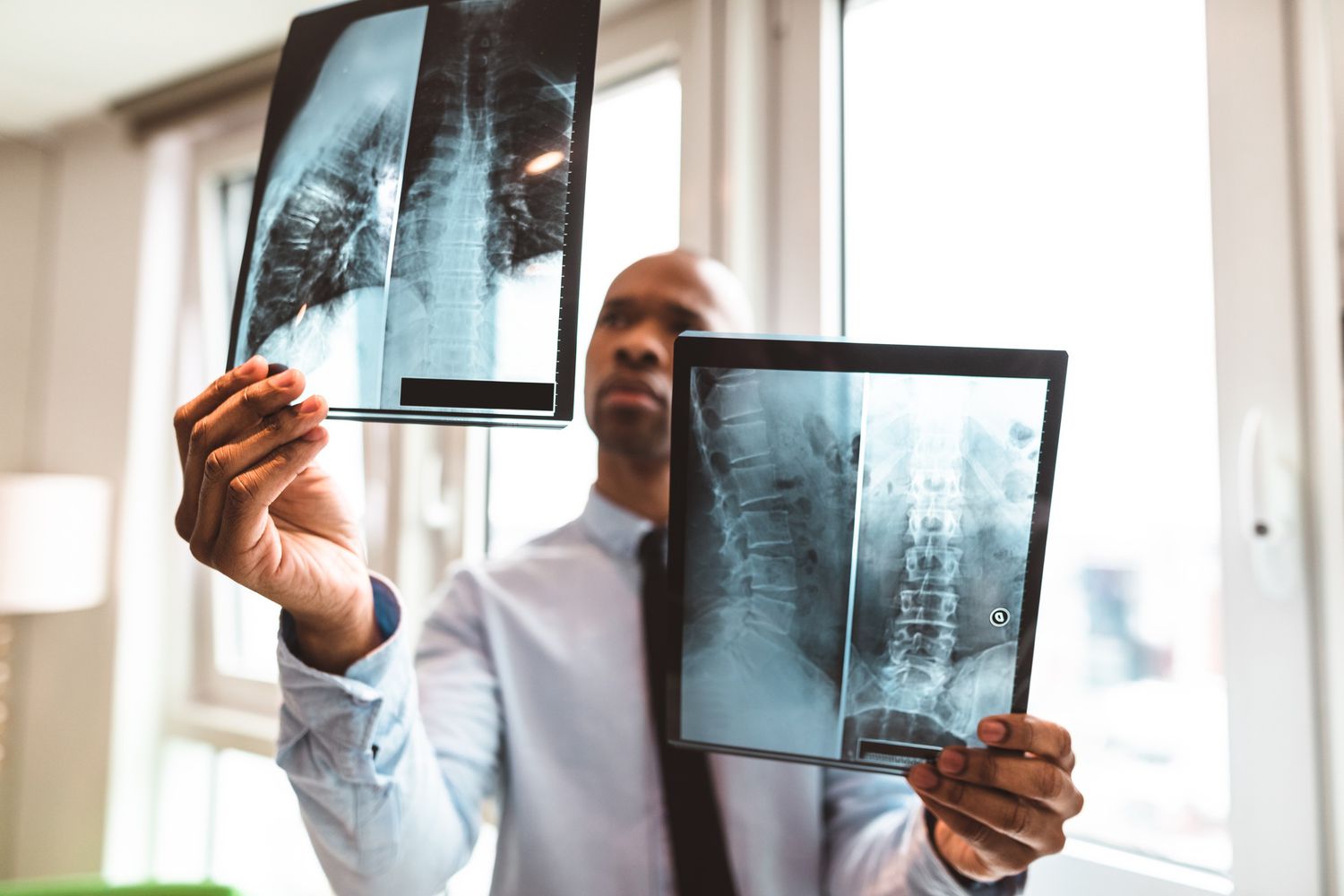- Empty cart.
- Continue Shopping
The Importance of Bone Density Tests

Bone density tests, also known as bone mineral density (BMD) tests, are crucial diagnostic tools in the assessment of bone health. These tests provide vital information about bone density and strength, helping to identify conditions such as osteoporosis and assess the risk of fractures.
Understanding Bone Density
Bone density refers to the amount of bone mineral, primarily calcium and phosphorus, present in your bones. It is a key determinant of bone strength and durability. Bones naturally go through a process of remodeling, with old bone being broken down and new bone being formed. This process helps maintain bone density.
However, as people age, especially women after menopause, bone loss can outpace the rate of bone formation, leading to a decrease in bone density. This condition is known as osteoporosis, which weakens bones and makes them more susceptible to fractures.
Who Should Consider Bone Density Testing?
Bone density testing is typically recommended for individuals who are at higher risk for osteoporosis and fractures. While it is more common in postmenopausal women, osteoporosis can affect men as well. Consider getting a bone density test if you fall into any of the following categories:
1. Postmenopausal Women: Women who have gone through menopause are at a higher risk of developing osteoporosis due to hormonal changes that affect bone density.
2. Men Over 70: Men older than 70 have an increased risk of osteoporosis, especially if they have other risk factors.
3. Individuals with Fractures: If you have experienced a fracture after the age of 50, particularly a fracture resulting from a minor fall or injury, it may be an indicator of low bone density.
4. Family History: A family history of osteoporosis or fractures may increase your risk.
5. Long-Term Medication Use: Certain medications, such as glucocorticoids (used to treat conditions like asthma or rheumatoid arthritis), can contribute to bone loss.
6. Certain Medical Conditions: Conditions like hyperthyroidism, hyperparathyroidism, and celiac disease can affect bone health and warrant bone density testing.
7. Lifestyle Factors: Smoking, excessive alcohol consumption, and a sedentary lifestyle can negatively impact bone density.
The Importance of Bone Density Testing
1. Early Detection of Osteoporosis: Bone density tests are essential for the early detection of osteoporosis, allowing for timely intervention and treatment.
2. Risk Assessment: These tests help assess your risk of fractures, which can be particularly crucial for older adults who are more prone to bone fractures that can have severe consequences.
3. Treatment Guidance: If osteoporosis or low bone density is detected, bone density testing can help guide treatment decisions. Treatments may include medications to strengthen bones and lifestyle changes to reduce fracture risk.
4. Monitoring Bone Health: Regular bone density tests can track changes in bone density over time, helping to evaluate the effectiveness of treatment or lifestyle modifications.
Types of Bone Density Tests
Two common types of bone density tests are used to assess bone health:
1. Dual-Energy X-ray Absorptiometry (DXA or DEXA): DXA scans are the most widely used and accurate method for measuring bone density. They are typically performed on the hip and spine.
2. Quantitative Ultrasound (QUS): QUS measures bone density at the heel, shinbone, or finger. While it is less commonly used than DXA, it can be a suitable option in some cases.
What to Expect During a Bone Density Test
Bone density tests are quick and painless procedures. Here’s what you can expect:
- Preparation: There is generally no special preparation required. You may be asked to avoid taking calcium supplements before the test.
- The Test: For a DXA scan, you will lie on a table, and a scanner will pass over your body, measuring bone density. QUS tests involve the use of a handheld device on the area being tested.
- Results: Your bone density test results will be reported as a T-score, which compares your bone density to that of a healthy young adult, and a Z-score, which compares your bone density to that of someone your age. Your healthcare provider will explain the results to you and discuss any necessary follow-up actions.
In Conclusion, Bone density tests are essential tools for assessing bone health, particularly in individuals at higher risk for osteoporosis and fractures. Early detection of low bone density or osteoporosis can lead to timely intervention and treatment, reducing the risk of debilitating fractures. If you fall into one of the high-risk categories or have concerns about your bone health, discuss the possibility of a bone density test with your healthcare provider. Your bone health is a critical aspect of overall well-being, and bone density testing can help ensure that you receive the appropriate care and guidance for maintaining strong and healthy bones throughout your life.








